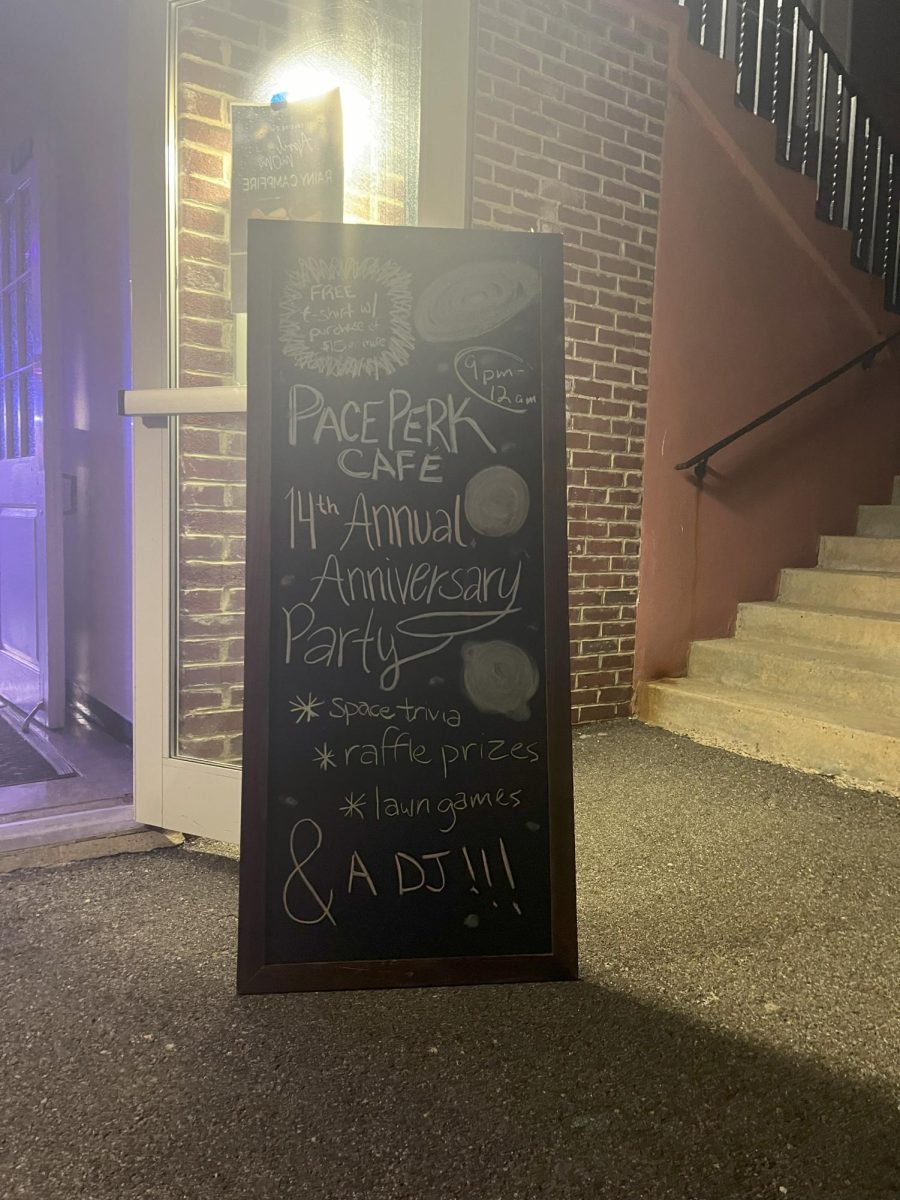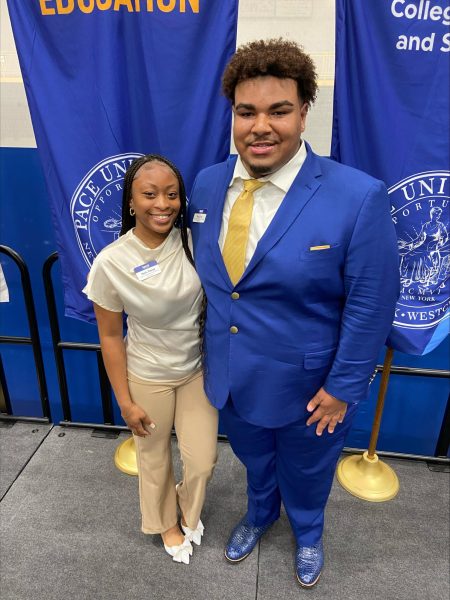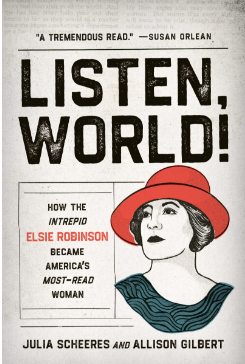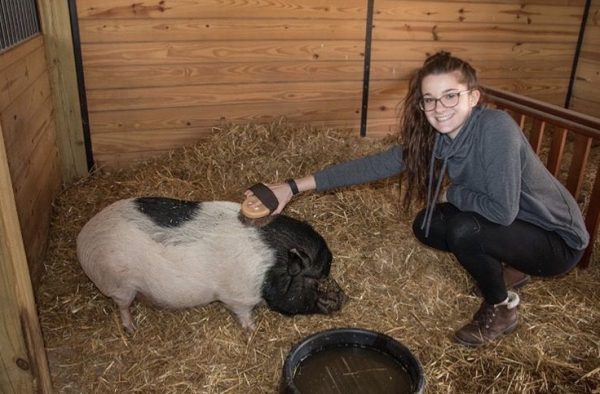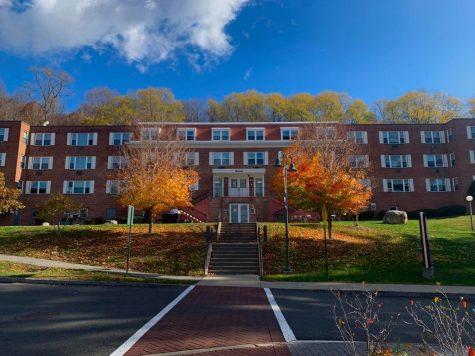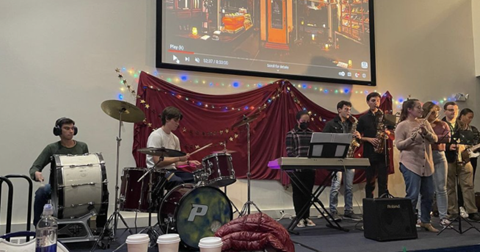Professor Spotlight: Michelle Land
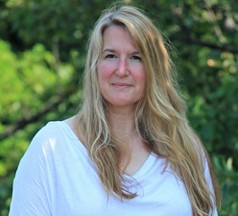
Michelle Land. Photo courtesy of EarthDesk.
March 28, 2017
Michelle Land, one of the two Pace Environmental Clinic professors, began the clinic’s work in the fall of 2014.
The clinic teaches students to research and lobby for the improvement of environmental issues. They are currently working on passing the Elephant Protection Act, which bans elephants from entertainment use.
Land worked as a wildlife biologist for five years after graduating from the University of Guelph in Ontario, Canada. She then pursued her environmental law degree at Pace’s School of Law.
As a law school graduate, Land was interviewed to start the Pace Academy for Applied Environmental Studies by the clinic’s additional professor, John Cronin. Cronin and Land started the Academy in 2002.
“I liked the idea of working in academia,” Land said. “I enjoyed research and seeking more knowledge.”
The Elephant Protection Act was first proposed with a small citizens group in 2009.
“They came up to me at Pace Law School and asked if we would help them convince the county to ban elephants coming to the county center,” Land said. “We went to the board of legislators and testified. The board passed on doing anything, but we decided if we make this a state law, the county won’t have any choice but to comply.”
When the first semester of the clinic, began, so did Pace’s outreach campaign for the elephants.
“I wrote a bill that would ban exotic and large ranging mammals, lions, tigers, and elephants,” Land said. “Anyone who was traveling with an animal for 15 days wouldn’t be able to use it because anyone traveling with an animal that long is likely to be a circus.”
In the past, the clinic has worked on banning micro bead use in Westchester and the possibility of installing solar parking roofs in Metro-North train parking lots on the Hudson line.
“Microbeads are pieces of plastic such as the ones you’ll find in body washes,” Land said. “The pieces of plastic end up in water filtration plants that eventually end up in the ecosystem. Fish mistake them for food and it works their way up the food chain to where eventually humans may ingest them as well.”
The clinic asked the county executive to ban micro bead use in products on shelves in the country. The federal government banned them anyway and plan to phase micro bead use out.
The clinic looked at Ossining train station to look at solar parking roofs.
“We identified the potential electrical feasibility and did a mock up of what the structures would look like,” Land said. “It is an ongoing project, we need another clinic to finish it up and propose it to the governor’s office.”
The next step for the clinic is continuing to get the Elephant Protection Act passed.
“We’d like to have the problem of identifying a new issue for the next clinic,” Land said. “If for some reason it doesn’t pass in both houses, then we would like to continue it because policy change can sometimes take a lot of time and patience.”

